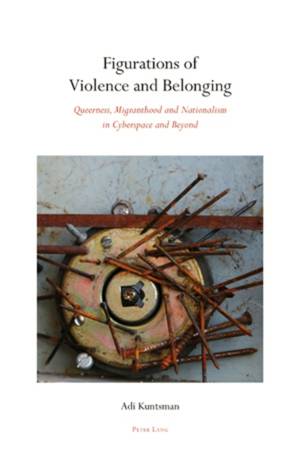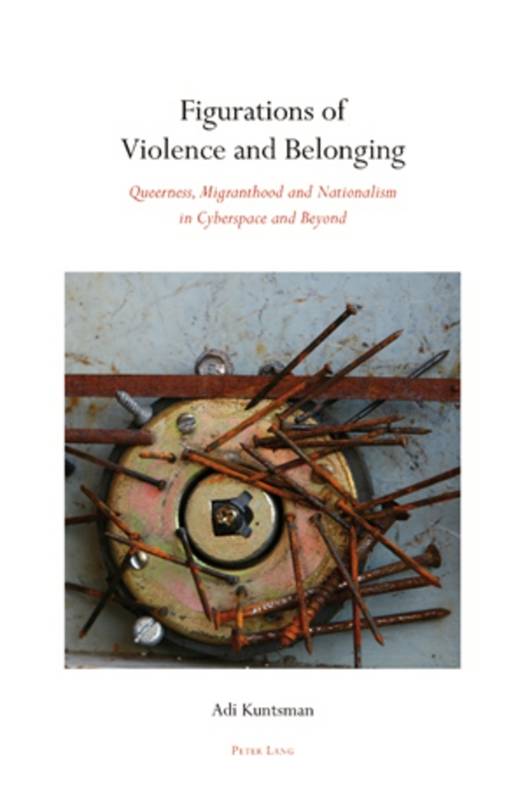
Door een staking bij bpost kan je online bestelling op dit moment iets langer onderweg zijn dan voorzien. Dringend iets nodig? Onze winkels ontvangen jou met open armen!
- Afhalen na 1 uur in een winkel met voorraad
- Gratis thuislevering in België vanaf € 30
- Ruim aanbod met 7 miljoen producten
Door een staking bij bpost kan je online bestelling op dit moment iets langer onderweg zijn dan voorzien. Dringend iets nodig? Onze winkels ontvangen jou met open armen!
- Afhalen na 1 uur in een winkel met voorraad
- Gratis thuislevering in België vanaf € 30
- Ruim aanbod met 7 miljoen producten
Zoeken
Figurations of Violence and Belonging
Queerness, Migranthood and Nationalism in Cyberspace and Beyond
Adi Kuntsman
Paperback | Engels
€ 84,45
+ 168 punten
Omschrijving
This book offers a critical analysis of the complex relationship between violence and belonging, by exploring the ways sexual, ethnic or national belonging can work through, rather than against, violence. Based on an ethnographic study of Russian-speaking, queer immigrants in Israel/Palestine and in cyberspace, it gives an insight into the world of hate speech and fantasies of torture and sexual abuse; of tormented subjectivities and uncanny homes; of ghostly hauntings from the past and anxieties about the present and future. The author raises questions about the responsibilities of national homemaking, the complicity of queerness within violent regimes of colonialism and war, and the ambivalence of immigrant belonging at the intersection of marginality and privilege. Drawing from scholarship on migration, diaspora and race studies, feminist and queer theory, psychoanalysis and studies on cyberculture, the book traces the interplay between the different forms of violence - physical and verbal, social and psychic, material and discursive - and offers novel insights into the analysis of nationalism, on-line sociality and queer migranthood.
Specificaties
Betrokkenen
- Auteur(s):
- Uitgeverij:
Inhoud
- Aantal bladzijden:
- 282
- Taal:
- Engels
Eigenschappen
- Productcode (EAN):
- 9783039115648
- Verschijningsdatum:
- 18/05/2009
- Uitvoering:
- Paperback
- Formaat:
- Trade paperback (VS)
- Afmetingen:
- 150 mm x 224 mm
- Gewicht:
- 439 g

Alleen bij Standaard Boekhandel
+ 168 punten op je klantenkaart van Standaard Boekhandel
Beoordelingen
We publiceren alleen reviews die voldoen aan de voorwaarden voor reviews. Bekijk onze voorwaarden voor reviews.











